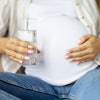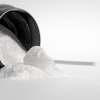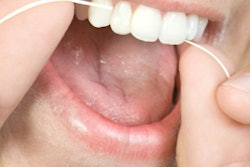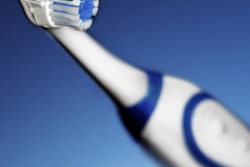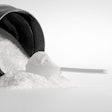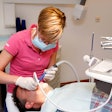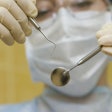
Does breastfeeding after introducing other dietary carbohydrates place children at greater risk for early childhood caries? Current recommendations are inconsistent. New research presented on March 22 at the 2018 American Association of Dental Research (AADR) annual meeting in Fort Lauderdale, FL, examined this issue.
Guidelines from the American Academy of Pediatrics reinforce the health benefits of breastfeeding for both mothers and children, although an American Academy of Pediatric Dentistry policy statement labels breastfeeding after a child is consuming other carbohydrates and inadequate oral hygiene as risk factors for early childhood caries.
"These recommendations are currently inconsistent," AADR presenter and study co-author Lisa Bosch told DrBicuspid.com. Bosch is a third-year dental student at the Missouri School of Dentistry and Oral Health in Kirksville.
“I would recommend and encourage mothers to continue breastfeeding after the introduction of other carbohydrates to the infant's diet.”
Therefore, Bosch and her colleague conducted a laboratory study on the role of additional carbohydrates in caries development in breastfed children, as well as in those receiving infant formula or cow's milk. They investigated how the addition of 10% sucrose affected biofilm growth of Streptococcus mutans in human milk, formula, and cow's milk.
The addition of 10% sucrose significantly increased biofilm growth in all three solutions, and infant formula had significantly greater biofilm formation than human milk or cow's milk, they found.
"Our hypothesis was confirmed that human milk would be the least capable of forming a biofilm," Bosch told DrBicuspid.com.
So how do these results relate to recommendations for consumption of human milk?
"In regard to the findings of this study, within the clinical setting, I would recommend and encourage mothers to continue breastfeeding after the introduction of other carbohydrates to the infant's diet along with sound oral hygiene instruction," Bosch stated.
The second part of the study examined in vitro caries progression over a six-week period in extracted noncarious teeth placed in solutions containing human milk, cow's milk, or infant formula. However, data on these results are still being analyzed, Bosch noted.
